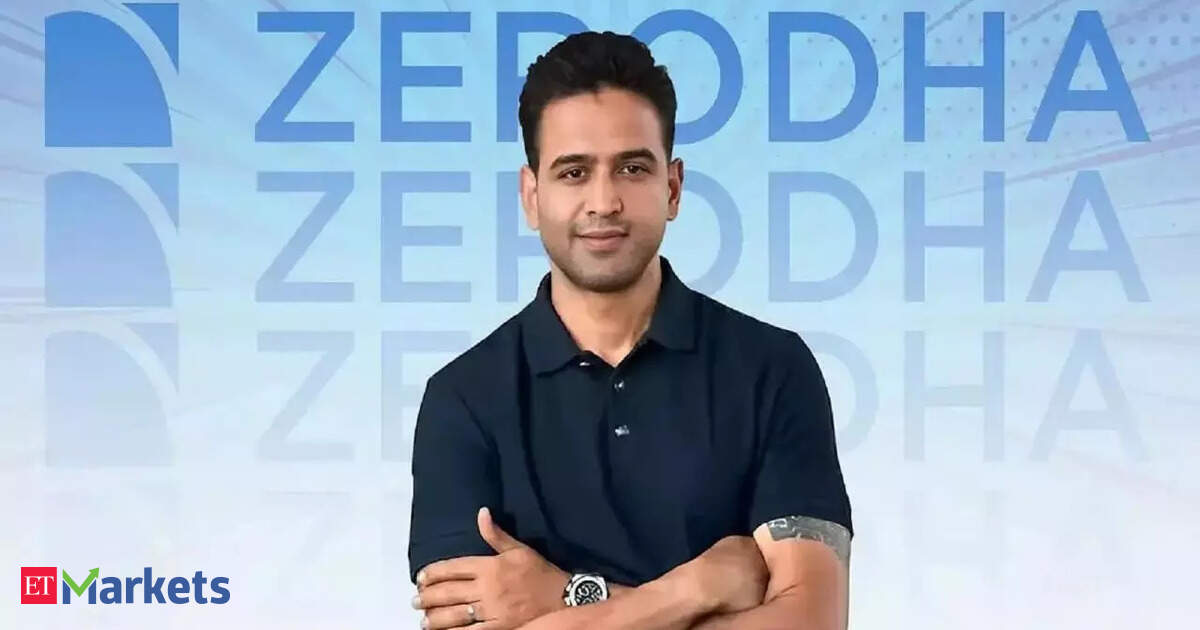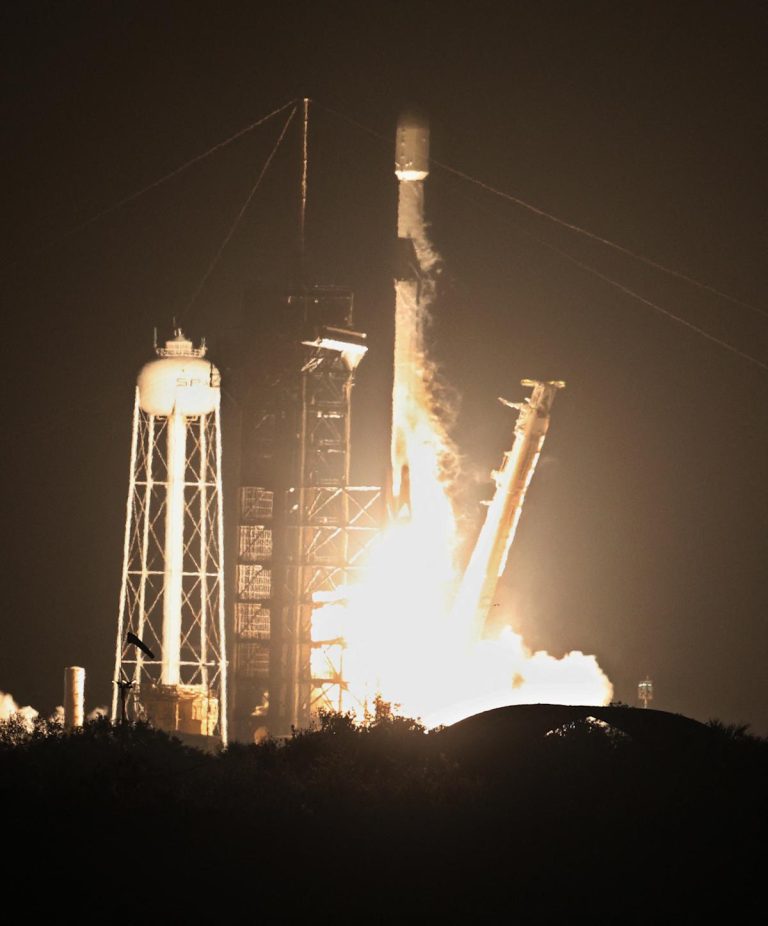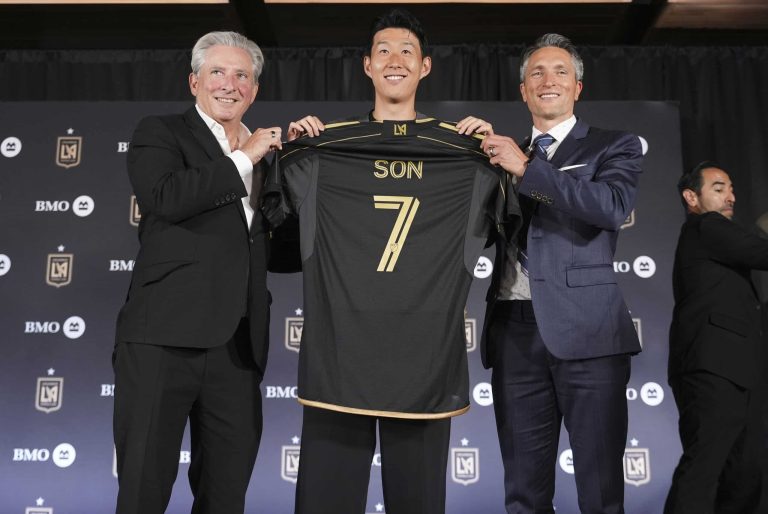Kamath also highlighted how STT is directly linked to trading volumes on the exchanges. He noted that if STT were reduced for cash and futures, and intraday leverage were increased, trading volumes would likely rise.
“Securities Transaction Tax (STT) is the biggest tax that traders pay, and it’s much higher than brokerage fees. At Zerodha, the STT we collect and pass on to the government is higher than the brokerage we earn,” the tweet said.
“Trading volumes are highly sensitive to the STT. The level of STT also affects whether traders trade more in cash equities, futures, or options. There’s a lot of concern that Indian options volumes have exploded; I don’t think it would be a stretch to say that STT is a big factor in this,” Kamath added.
He further explained that positive regulatory tweaks have helped develop the derivatives segment. One such move was shifting the STT levy on options from the contract value to the premium amount.
“Until 2008, the STT on options was based on contract value, making it impossible for anyone to trade options. After that, STT was charged on the premium, and options became more cost-effective compared to futures, and volumes shot up,” Kamath said.”By the way, the idea of @zerodhaonline came about when the STT for options was brought down to a premium value. The bet was that people would trade more options. It did play out the way we had thought it would.

,” the tweet said further.Also Read: Does Zerodha charge customers for investing in stocks, ETFs or mutual funds? Nithin Kamath answers
STT has had a notable impact on cash and futures segments due to its levy on the total transaction value, unlike options, where it is charged only on the premium, Kamath said.
“We’ve had several STT changes over the years. This has had a more significant impact on cash and futures than on options because STT was on premium value, and on cash/futures, it was on total value. And yes, the introduction of weekly expiry and restriction on intraday leverage for stocks added a lot of fuel to the fire of option trading volumes,” Kamath said.
Kamath expressed hope that if STT is lowered for cash and futures and intraday leverage is increased (from the current minimum of 20% to the levels seen in futures), trading volumes would rise.
“So yeah, I wish we had no STT, but I guess that’s not a solution.

But if STT were brought down for cash and futures and intraday leverage were increased (from the minimum 20% now to as much as futures), I think the trading volumes in cash and futures would automatically go up,” Kamath said, calling it a much better strategy to increase cash/futures volumes than to reduce trading volumes in options.
Also Read: Zerodha’s demat market share shrinking, says founder Nithin Kamath. How is it coping?
(Disclaimer: Recommendations, suggestions, views and opinions given by the experts are their own. These do not represent the views of the Economic Times)






